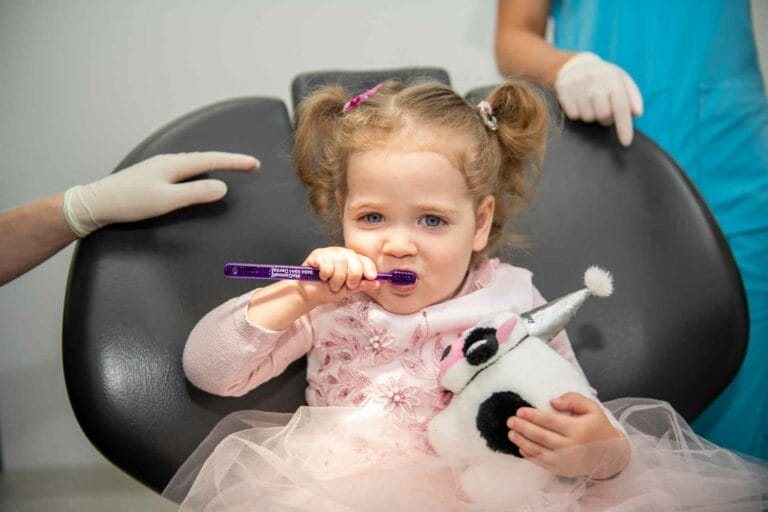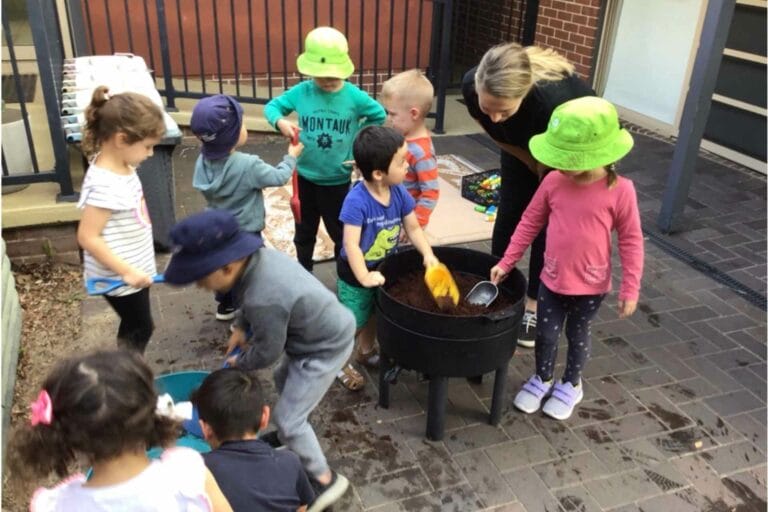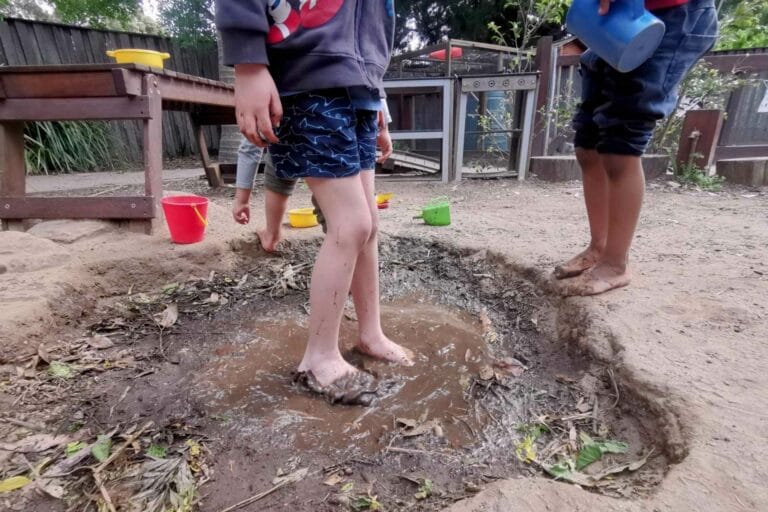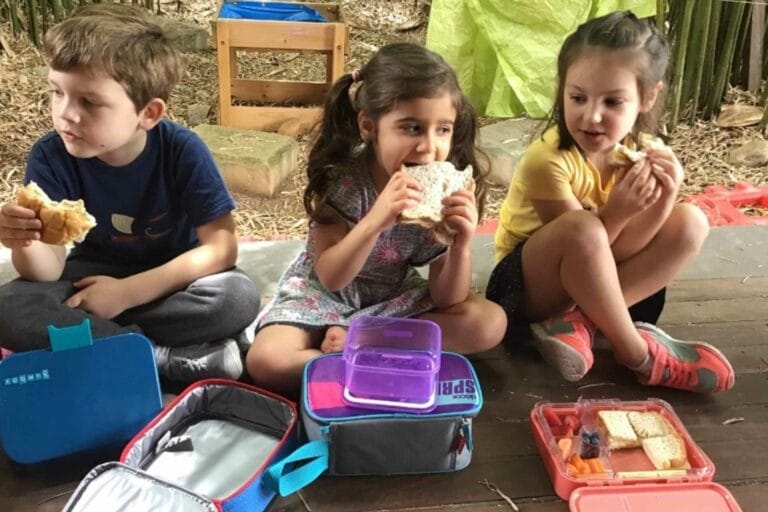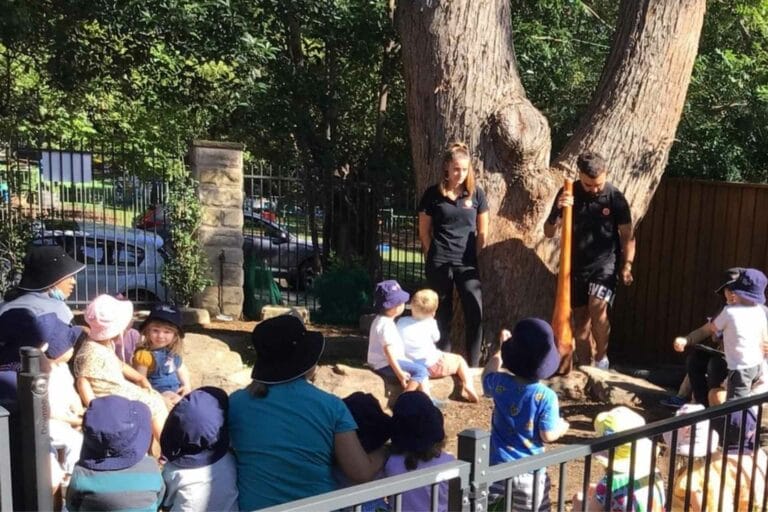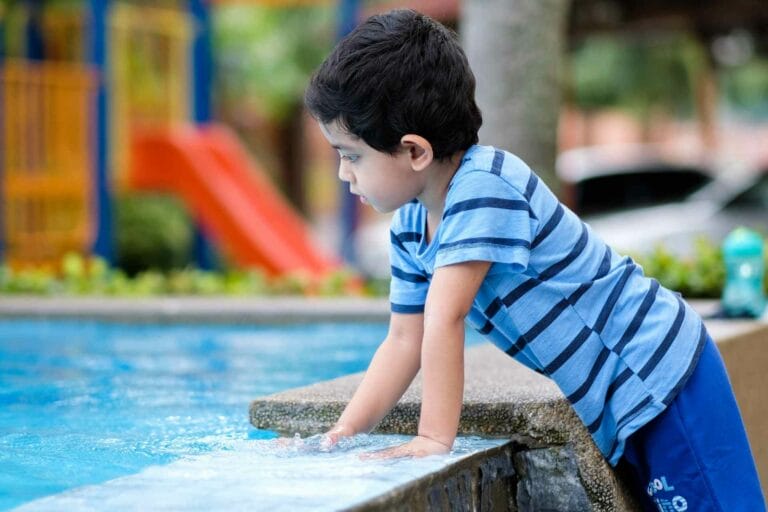Tips on how to manage separation anxiety
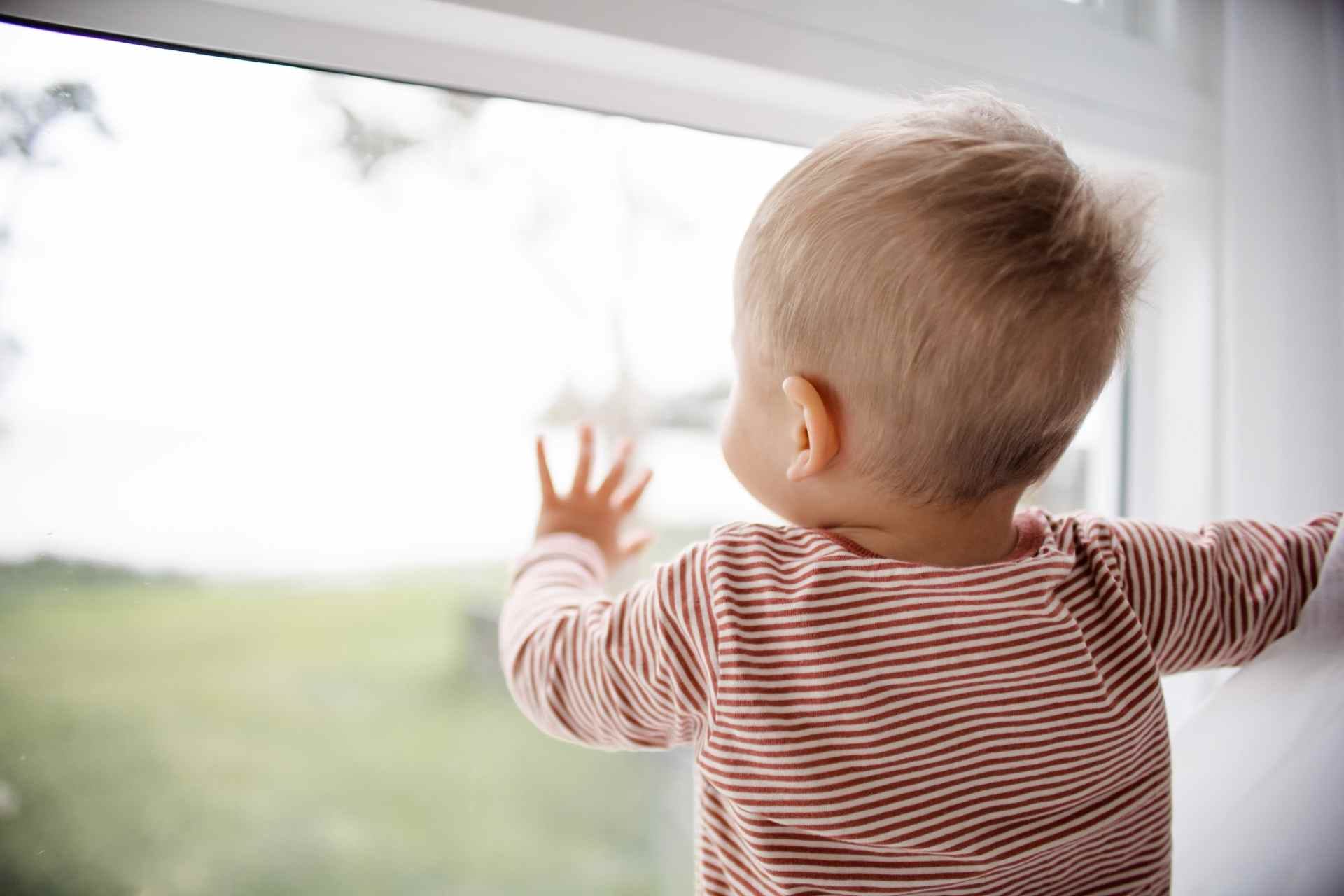
Many would think that when a baby is born the first thing he or she looks for is food, but in actual fact, they are looking for connection. They search out another human to connect to and bond with. It is vital for their survival. Humans are inextricably hard-wired for relationships with others. After all, it is not good for man to be alone.
With this in mind, it is not surprising that when a child is separated from their source of security (generally the parents) for the first or even thousandth time – it can be difficult. In many ways, this is a good thing. It shows that the child has a secure attachment to their caregiver.
However, it is an important part of development that a child learns to separate from their parent knowing that it is safe for them to go and explore the world and then be reunited with their caregiver. For a child and parent to successfully navigate this at a young age is a good thing because in the blink of an eye they will be off to school and needing to separate five days a week.
It is important for parents to be attuned to their own emotions. Children are very perceptive and can detect your stress, anxiety, annoyance and even anger. Just as a mother’s body filters nutrients for a baby in utero, a parent filters emotions for their child. They are learning from you how to regulate emotions and how to handle big feelings.
When dropping your children at daycare in the morning it is likely because you need to get to work and dealing with a meltdown at the gate is the last thing you want. It’s tough, there is no denying that! It is best if you can stay calm and positive for your child. It can be helpful to name your child’s emotions. Eg. “I can see that you are feeling sad about leaving Mummy” or “I know you are nervous about coming to preschool”. This helps them in building their emotional vocabulary which in turn grows their ability to communicate how they are feeling.
The Educators at SEEC have seen all of this before. They are not fazed by the screaming, kicking and clinging to the fence! And in most cases, they will report back that your child has settled within minutes of you leaving. It’s just a special parting gift that kids like to give their parents, especially their Mums who they know already battle with “mother guilt”! Sometimes a little ritual of how you say goodbye can be helpful and this is something I’m sure the staff would be more than happy to help with. Try not to let the farewell linger and do your absolute best to save any of your own tears for the car.
“Resilience” has been a “buzzword” for a number of years when it comes to children. The thing is though, no one can develop resiliency without facing some adversity. You would do a disservice to your child if you wrapped them in cotton wool and protected them from every unpleasant emotion.
The very best thing for any type of anxiety is to face whatever triggers the anxiety. If you are afraid of dogs, be around more dogs, if you hate going to the dentist, go more regularly, etc! If your child doesn’t like being apart from you and you foresee it becoming a bigger problem then look for more opportunities for your child to do things without you by their side.
Remember, it really does take a village to raise a child. If you and your child need some help with separation anxiety or anything else for that matter, you only need to ask. There are plenty of people around who would be more than happy to help you.
If you would like to find out more about our centres you can book a tour or send us a message.

Written By
Written by Melanie Crizer, M.Couns. BA (Psych) and NEEC parent for 10 years.
